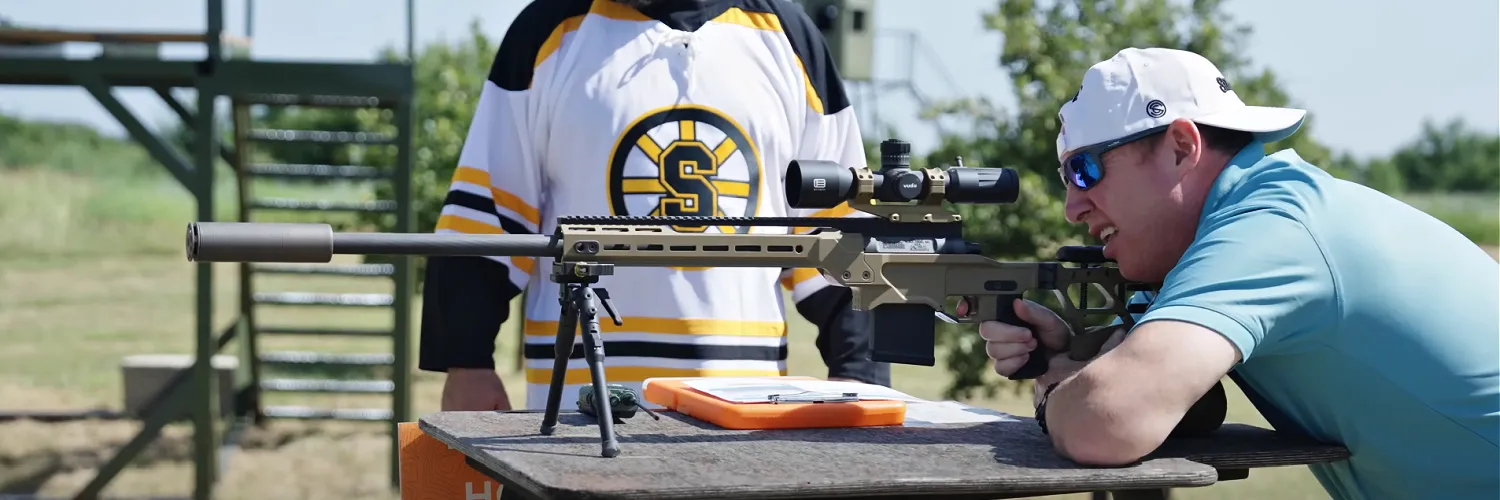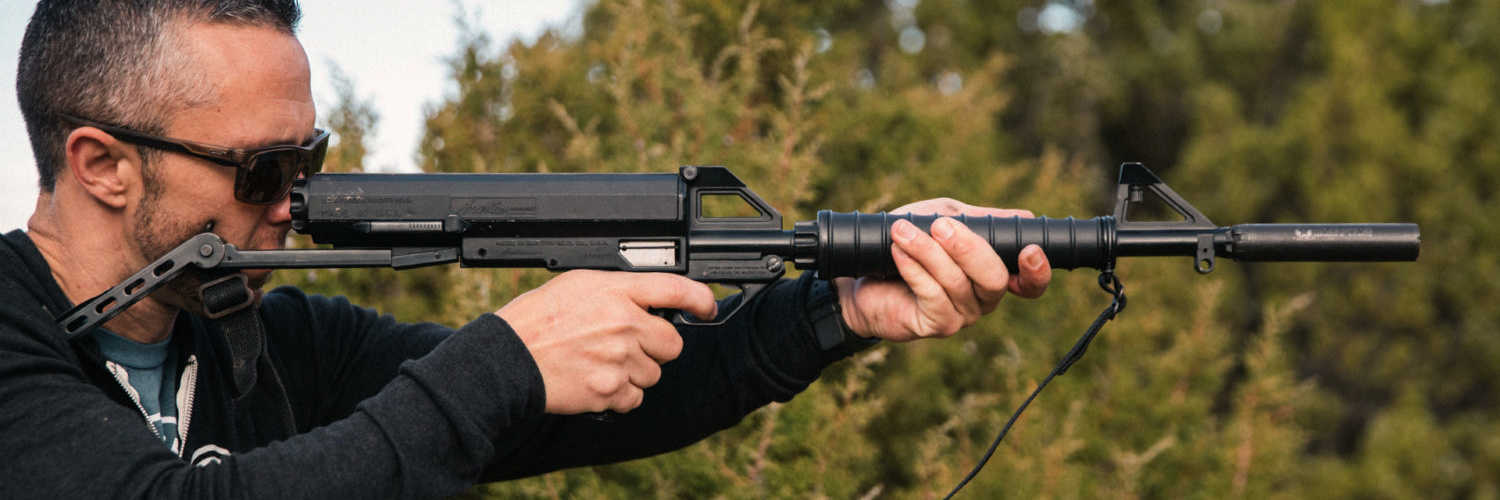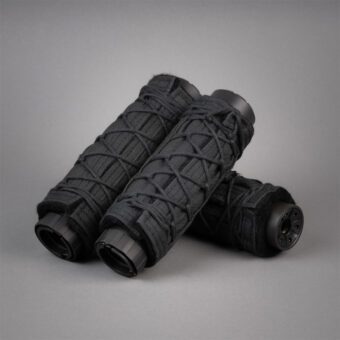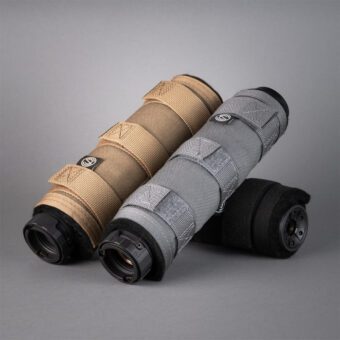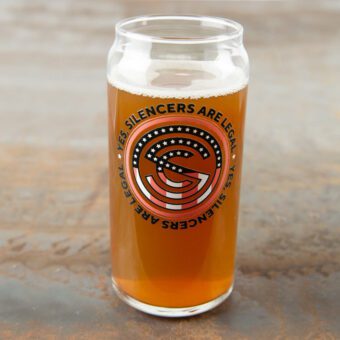Florida Suppressor Laws: What You Need To Know
Travis Pike
Are you a resident of the Gunshine State looking to purchase a suppressor? One of the first steps for any responsible firearms owner is to review the laws surrounding suppressor ownership at both the state and federal levels. Florida suppressor laws follow federal guidelines, but with the state’s gun laws being something of a mixed bag, it’s easy to see why folks might have questions about where suppressors stand.
On one hand, Florida allows permitless concealed carry. On the other, the state bans bump stocks and flechette-loaded shotshells. It’s an odd mix.
Before we get into the specifics of Florida suppressor laws, let’s make one thing clear: I’m not a lawyer, and this isn’t legal advice. What follows is a straightforward look at what the law says—and a little commentary along the way.
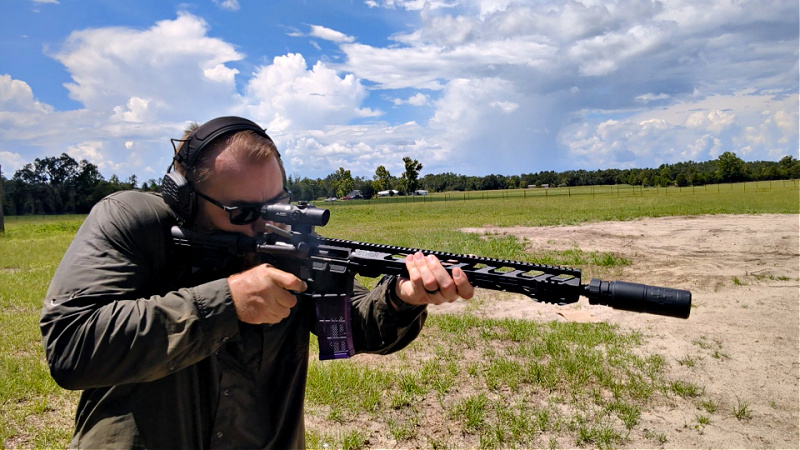
Florida, Suppressors, and the Law
When it comes to suppressor ownership, Florida follows federal law. The state doesn’t add any extra restrictions—it simply requires residents to comply with the existing federal process to purchase, own, or manufacture a suppressor. In short, Florida keeps its nose out of the process, as long as you’re following the rules set by Uncle Sam.
Under federal law, that process includes completing either a Form 1 (for making a suppressor) or a Form 4 (for purchasing one), submitting a recent photograph and fingerprints, notifying your Chief Law Enforcement Officer, and paying for a $200 tax stamp. Then you wait for ATF approval before the suppressor becomes legally yours.
The good news? Florida doesn’t tack on any extra steps. If you can clear the federal hurdles, the state won’t stand in your way.
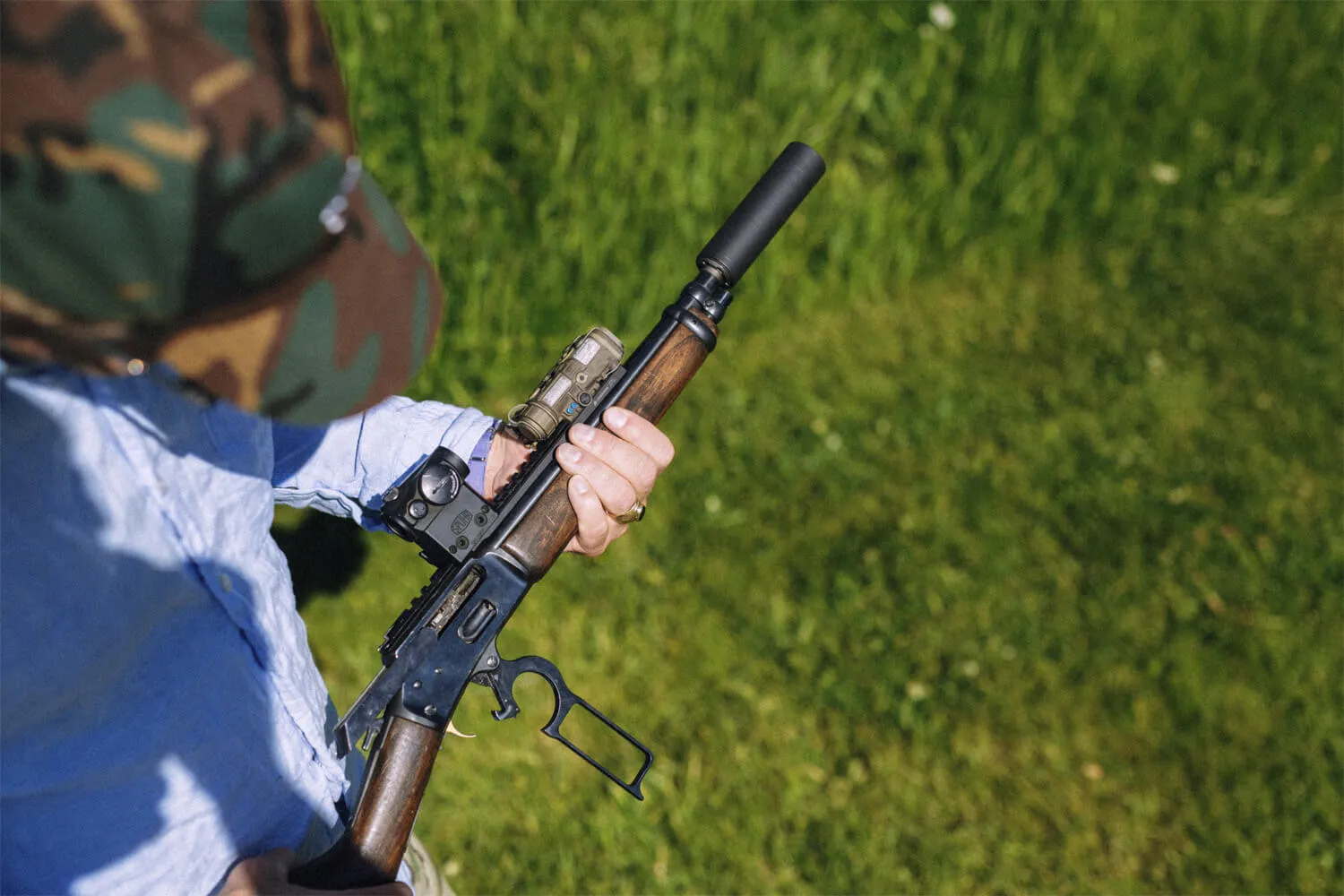
Suppressors For Home Defense in Florida
Florida doesn’t restrict the use of suppressors for home defense. There’s no law on the books that prohibits a suppressor from being attached to a firearm intended for protecting your home.
In fact, a suppressor can be a commonsense addition to a home defense setup. Firing a gun indoors—especially in tight spaces—can be punishing to your hearing. A suppressor helps reduce that blast and can go a long way toward preventing unnecessary hearing loss.
Depending on the firearm and ammunition used, you might still experience some loud noise, but every decibel you can cut makes a difference.
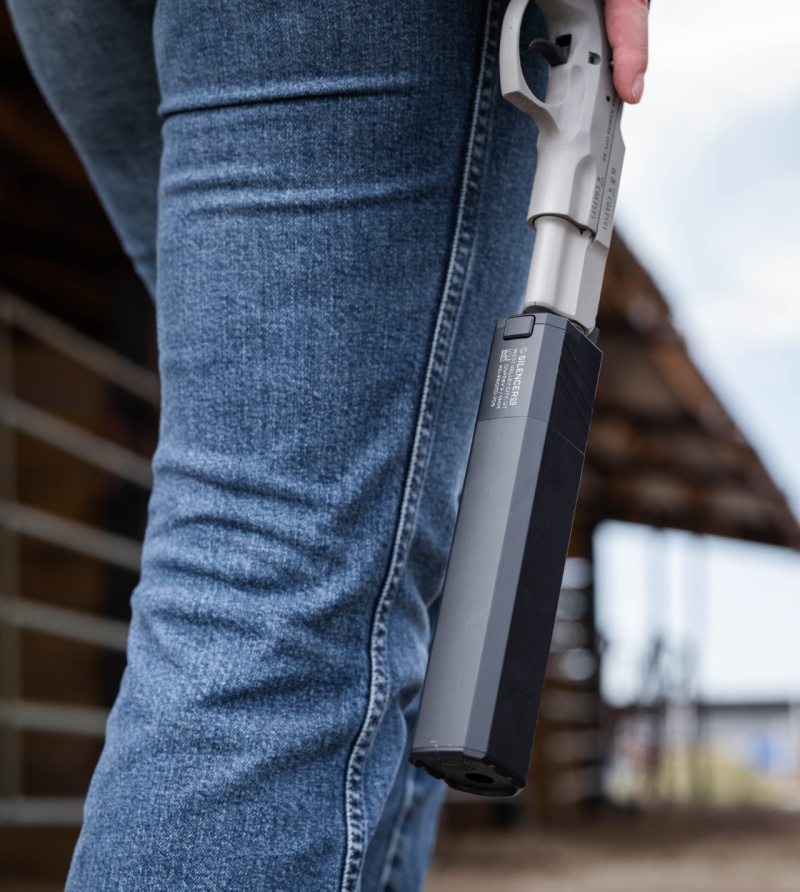
Hunting with Suppressors: Legal and Logical
Florida legalized the use of suppressors for all forms of hunting back in 2014. I remember it being an uphill battle at the time—concerns about poachers using suppressors had to be addressed. But let’s be honest: suppressor owners are some of the most law-abiding gun owners out there.
Poachers, by definition, are already breaking the law. The idea that another law—one banning suppressors for hunting—would stop them never made much sense.
Hunting with a suppressor is just common sense. It helps protect your hearing and cuts down on noise pollution in the woods. It’s a simple courtesy hunters can offer one another and should be more common, in my opinion.
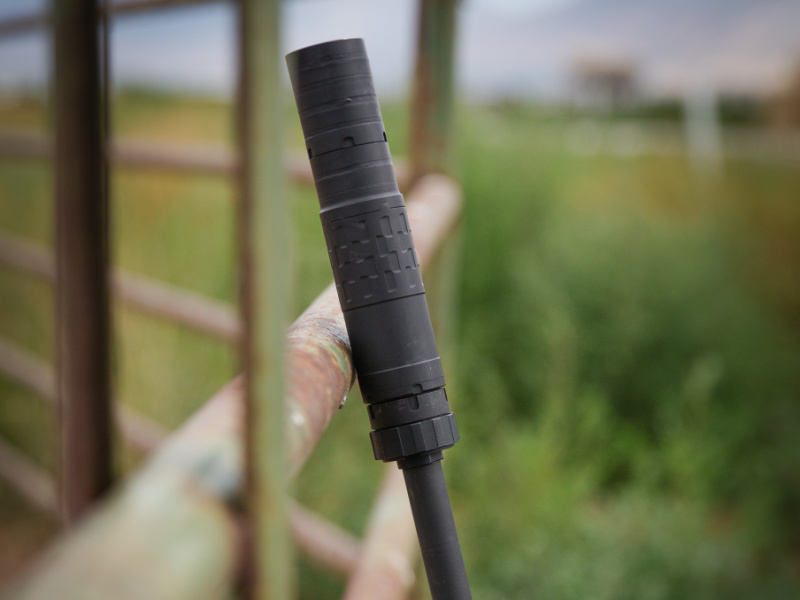
Concealed Carry and Suppressors
Under Florida law, suppressors (or silencers) are classified as firearms. The state’s concealed carry laws allow for the concealed carry of handguns, along with knives, electric weapons, billy clubs, and more. When it comes to firearms specifically, the law only permits handguns for concealed carry.
That makes carrying a suppressor on a concealed handgun a bit of a legal gray area. Personally, I wouldn’t risk it. On top of the legal ambiguity, the idea just doesn’t make much practical sense. Suppressors add bulk and weight, and there aren’t many—if any—concealed carry holsters designed to accommodate them. Still, it’s a point worth mentioning.
Safe Storage Laws: Where Suppressors Fit In
Florida law makes it clear: if you leave a loaded firearm accessible to a minor without supervision, you’re breaking the law. That’s outlined in statute 790.174. Now, while Florida defines a suppressor as a firearm, the law specifically refers to loaded firearms—and since a suppressor can’t be loaded, this ends up being another odd gray area.
Even so, common sense should lead the way. Firearms and suppressors should be locked up when not in use or under your direct control. It’s a simple step that helps prevent accidents, negligence, and theft.
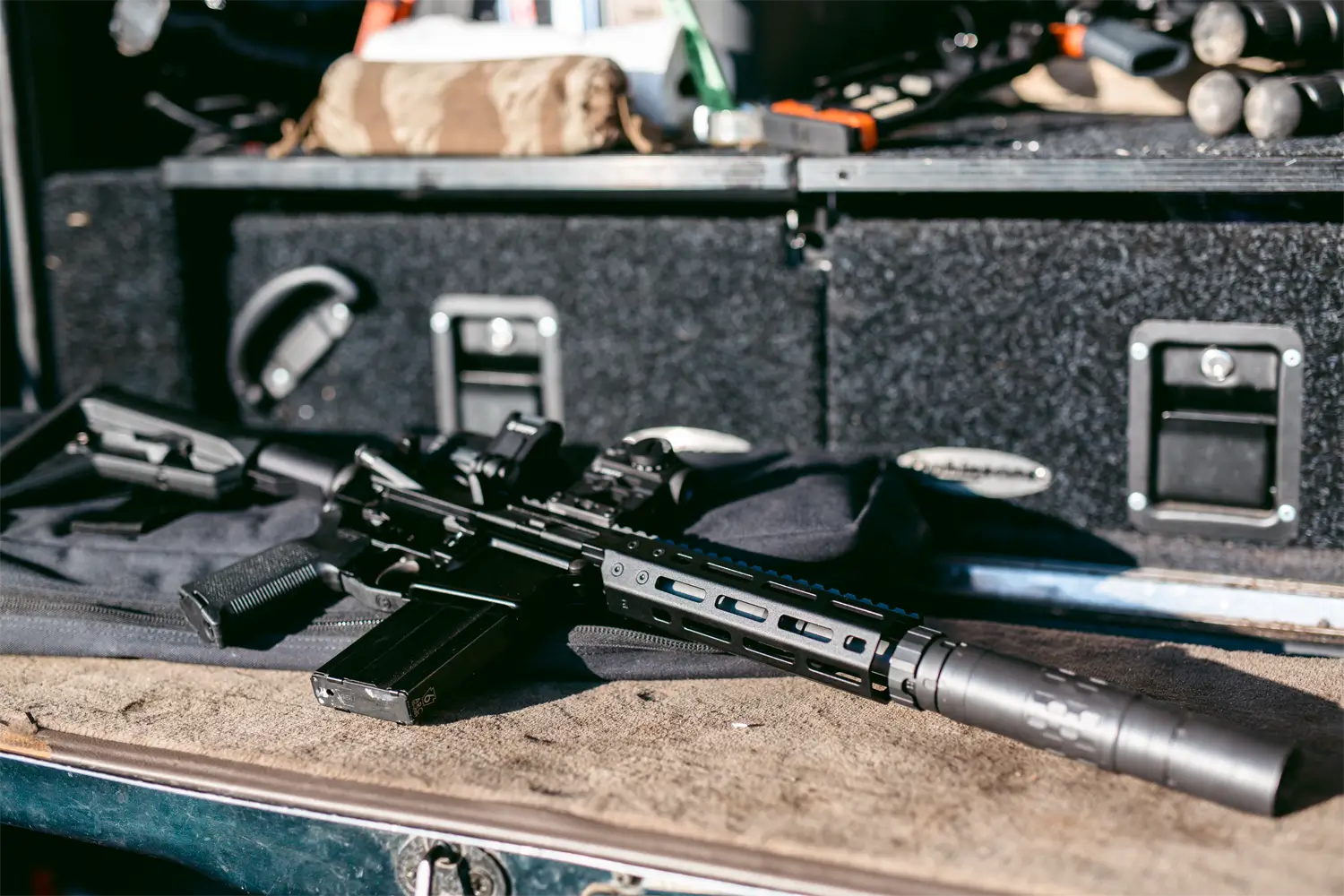
Florida Shines a Light on Suppressors: Final Thoughts
When it comes to suppressors, Florida is about as free as it gets. As long as you follow federal laws on ownership and possession, you’re on solid ground. While there are a few gray areas—like storage and concealed carry—common sense and caution should be your guiding principles.
With summer just around the corner, it’s the perfect time to enjoy that famous Florida sun and squeeze in some range time. Just make sure you’re doing it responsibly, safely—and quietly.


